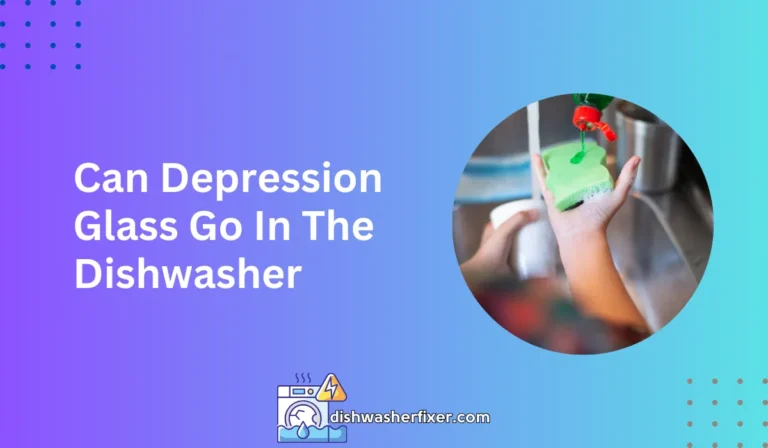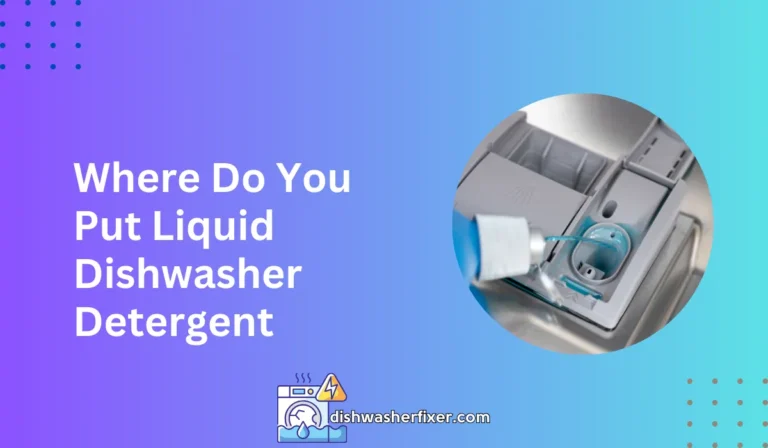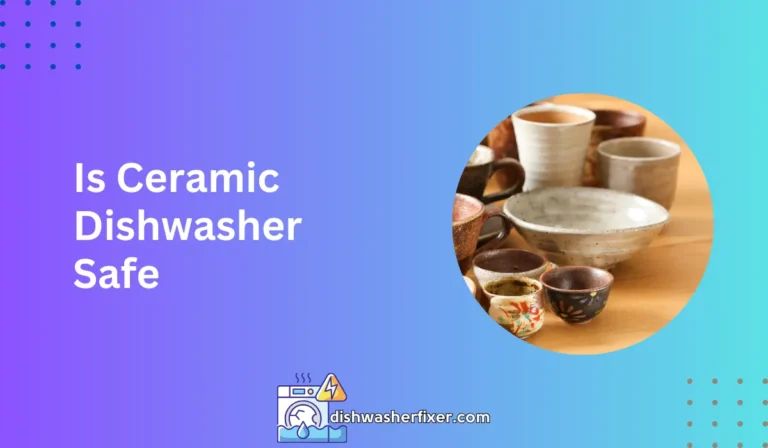What Causes Etching on Glasses in Dishwasher? Avoid Damage Now!
Etching on glasses in dishwashers is typically caused by soft water combined with too much detergent or high water temperatures. The chemical reaction can permanently cloud glassware. Use proper detergent amounts and lower temperatures to prevent etching.
Causes of Etching on Glassware in Dishwashers

Water Hardness and Softness
Understanding the interaction between water hardness and dishwashing can help prevent damage to your glassware.
Water that is high in minerals, such as calcium and magnesium, is considered hard. This type of water can lead to mineral buildup and spots on dishes.
Soft water, on the other hand, has fewer minerals. While this sounds positive, it can make detergents more effective to the point of causing etching on your glasses.
This is because soft water allows for more lather and can thus lead to a harsher cleaning environment for your delicate glassware.
Type and Quality of Dishwashing Detergent
The type of detergent you use plays a crucial role in the maintenance of your glassware. Detergents that contain high levels of phosphates can be particularly harsh on glasses, leading to that unwanted cloudy appearance known as etching.
Moreover, abrasive detergents can wear away at glass over time. Using a gentle detergent designed for glass can help maintain the clarity and longevity of your dishes.
Another factor is the amount of detergent used. Too much detergent, especially in soft water, can accelerate the etching process. It’s essential to measure the correct amount based on the hardness of your water and the size of the load.
It’s also important to choose a dishwashing detergent that is compatible with the type of water in your home.
If you have hard water, you might need a detergent specifically formulated to combat water hardness, while soft water might require a less aggressive detergent.
Dishwasher Loading and Washing Habits
How you load your dishwasher can influence the risk of etching. Glasses should be properly stacked and spaced apart to avoid friction, which can cause scratches and contribute to the etching process.
It’s also wise to be mindful of what you’re washing alongside your glassware. Hard objects, such as utensils and ceramic dishes, can bump against glasses during the wash cycle and cause damage.
Selecting the correct wash cycle is another important aspect of preventing etching. Many dishwashers have a glass or gentle cycle designed to clean delicate items at lower temperatures and with less agitation.
Finally, washing your glasses at high temperatures repeatedly can increase the risk of etching. Lower temperature cycles are gentler on glassware and can help preserve their clarity and shine.
FAQs About Etching on Glasses in Dishwasher
What causes etching on glasses in dishwashers?
Etching on glasses in dishwashers is caused by a combination of soft water, excessive detergent use, and high water temperatures leading to a chemical reaction that can permanently cloud the glassware.
Can etching on dishwasher glasses be reversed?
No, etching on dishwasher glasses is a permanent change and cannot be reversed once it has occurred.
How can I prevent my glasses from getting etched in the dishwasher?
To prevent etching, use the correct amount of detergent for your water softness and set your dishwasher to a lower temperature setting.
Does the type of dishwasher detergent affect glass etching?
Yes, using too much detergent, especially in soft water conditions, can contribute to etching on glassware. Choosing the right type and amount of detergent can help prevent it.
Is there a specific water temperature that increases the risk of etching in the dishwasher?
High water temperatures can increase the risk of etching. It is advisable to use a lower temperature setting to minimize the chance of this occurring.
Final Thoughts
Etching on glassware from dishwashers is often due to soft water reacting with excessive detergent amounts or elevated water temperatures.
This chemical interaction can lead to irreversible clouding of glasses. To avoid etching, it is advisable to measure detergent properly and opt for cooler washing cycles.





